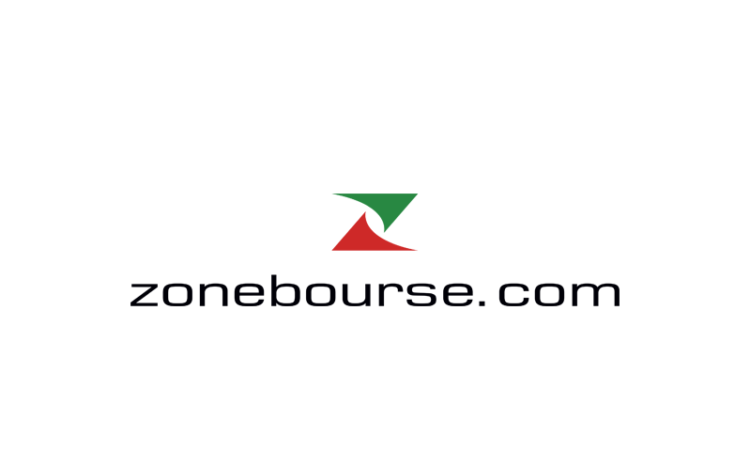
(Changes attribution from documents to French energy ministry;
adds comment from French official on possible joint country
initiatives in paragraph 3; presence of nuclear lobby in
paragraph 4; quote on specific EU policies to discuss in
paragraph 6)
BRUSSELS, May 15 (Reuters) – France will host a meeting
of ministers from 16 pro-nuclear European states on Tuesday
aimed at coordinating expansion of atomic power and urging the
EU to recognise its role in meeting climate goals for 2050, the
country’s energy ministry said.
The meeting in Paris will include EU Energy Commissioner
Kadri Simson and representatives from 14 EU countries including
France, Belgium and the Netherlands, plus Italy as an observer
and the United Kingdom as a non-EU invitee.
A French ministry official said UK participation would
be valuable because the country is building two reactors and
could share information on economies of scale.
Each country will provide an update on its nuclear
projects. “We will be able to …. see what types of synergies
and coordination can be put in place on issues like financing,
job training and recruitment to relaunch the nuclear sector in
Europe,” the official said.
Yves Desbazeille, director of EU lobby group
Nucleareurope, will also give a presentation, including figures
on potential job creation and investment.
A draft of the post-meeting statement seen by Reuters said
the countries would encourage the commissioner to integrate
nuclear energy into the EU’s energy policy by recognising
nuclear alongside other green energy technologies in EU
decarbonisation goals.
The talks will cover the EU Net Zero Industry Act, the
Hydrogen Bank, definitions of low-carbon hydrogen and hydrogen
import strategies among other topics, the French official said.
The draft document also calls for the publication of an EU
communication on small modular reactors.
The statement, which could still change before it is adopted
on Tuesday, said participants planned to boost EU nuclear
capacity to 150 gigawatts by 2050 from 100GW today by building
30 to 45 new reactors, both small- and large-scale.
Strengthening the supply chain and reducing dependence on
Russia is also listed as a goal for coordination.
A European Commission official said Simson’s presence was “a
signal of active attention to a growing industry and a key
technology for net zero, but without departing from our limited
role and neutral stance”, as any signed declaration would be
among national representatives only.
Nuclear energy jumped up the EU’s energy policy agenda this
year when countries splintered into pro- and anti- nuclear
alliances amid a dispute over whether to count the energy source
towards EU renewable energy targets.
After a last-minute compromise was thrashed out on that law,
France and other pro-nuclear states are now seeking to improve
the status of nuclear energy more broadly and boost cooperation
between countries that use the technology.
Nuclear energy can produce baseload CO2-free electricity in
large quantities, and European countries including Poland are
planning their first reactors to help phase out fossil fuels.
Some land-locked states, such as the Czech Republic, see
nuclear as a key green energy source especially because they,
unlike coastal states, cannot build large offshore wind farms.
EU opponents of nuclear energy – among them Germany, which
switched off its last reactors last month, Luxembourg and
Austria – cite concerns including waste disposal and maintenance
issues that have plagued the French fleet in recent years.
Austria and Luxembourg are taking the EU to court over its
decision to officially label nuclear investments as “green”.
(Reporting by Kate Abnett in Brussels and America Hernandez in
Paris; Editing by Jan Harvey and Cynthia Osterman)



